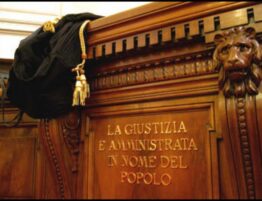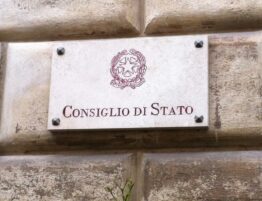
The TAR Emilia Romagna (The Regional Administrative Court of Emilia Romagna) has recently ruled (Judgement 112/2016) on a case which concerned the application of a measure provided for by the Testo Unico delle Leggi di Pubblica Sicurezza (Consolidated Laws of Public Safety), under which the Questore may order the closure of a club if it becomes a cause of danger to public order.
The applied law provides the possibility of ordering the closure up to 15 days or longer, if it is proven necessary due to specific reasons of public order which must be specified in detail.
In the present case, following a number of incidents occurred at a club in the Riviera Romagnola, a thirty day closure was ordered, which thus exceeded the ordinary period.
An urgent appeal was filed for several reasons against the preventive measure which was intended to avoid potential dangers. The TAR Emilia Romagna granted the appeal, suspending the effects of the order of closure of the club, then confirming the measure in the final judgment and justifying the decision on the basis of the proportionality principle.
The Administrative Court ruled that the exercise of administrative discretion must also be based on the principle of proportionality and must therefore assess all the elements that characterize the specific case.
In this case, the Court considered the order of closure of the club to be justified, since the accidents which had occurred there justified the adoption of a preventive measure, but considered it to be exaggerated because neither the measures taken by the manager to ensure safety had been taken into account, nor those he had stated he intended to adopt, which he eventually did.
It is therefore interesting to note that the traditional principle according to which the administrative discretion may be censored only when it lacks logic or reasonableness is better specified and distinguished in the principle of proportionality derived from the elaboration of Community Law.
Said principle requires the Administration to assess whether the applied measure is necessary and proportionate to the objective pursued ‒thus determining the smallest possible sacrifice of different or conflicting interests‒ whether it is suitable for the attainment of the objective pursued, and finally whether it is adequate, since adequacy is the quantitative measure of the adopted decision.
It ensues that proportionality ‒as characterizing requirement of necessity, suitability and adequacy‒ should not be considered as a rigid and fixed rule, since it implies the flexibility of the administrative action and, ultimately, the compliance of the same to rationality and legality, to be understood “in its etymological meaning and thus to be referred to the sense of fairness and justice, which must always characterize the solution of each case, not only on an administrative level, but also at court” (see Consiglio di Stato, sect. V, 21 January 2015 n. 284).
In this case, the measure had not taken into account anything of what the club’s manager had done and the commitments made well before the measure had been adopted. The same manager also worked, and continues to work, in close collaboration with the City and with the police force for the organization of security, both during special events and during the ordinary management of the club. Therefore, the application of the Community principle of proportionality led the judges to intervene on the length of the closure reducing it to a period which was considered appropriate in relation to the reasons behind the measure.
(Ravenna Office –Franco Fiorenza, Michele Altini – 0039(0)544 213381)









